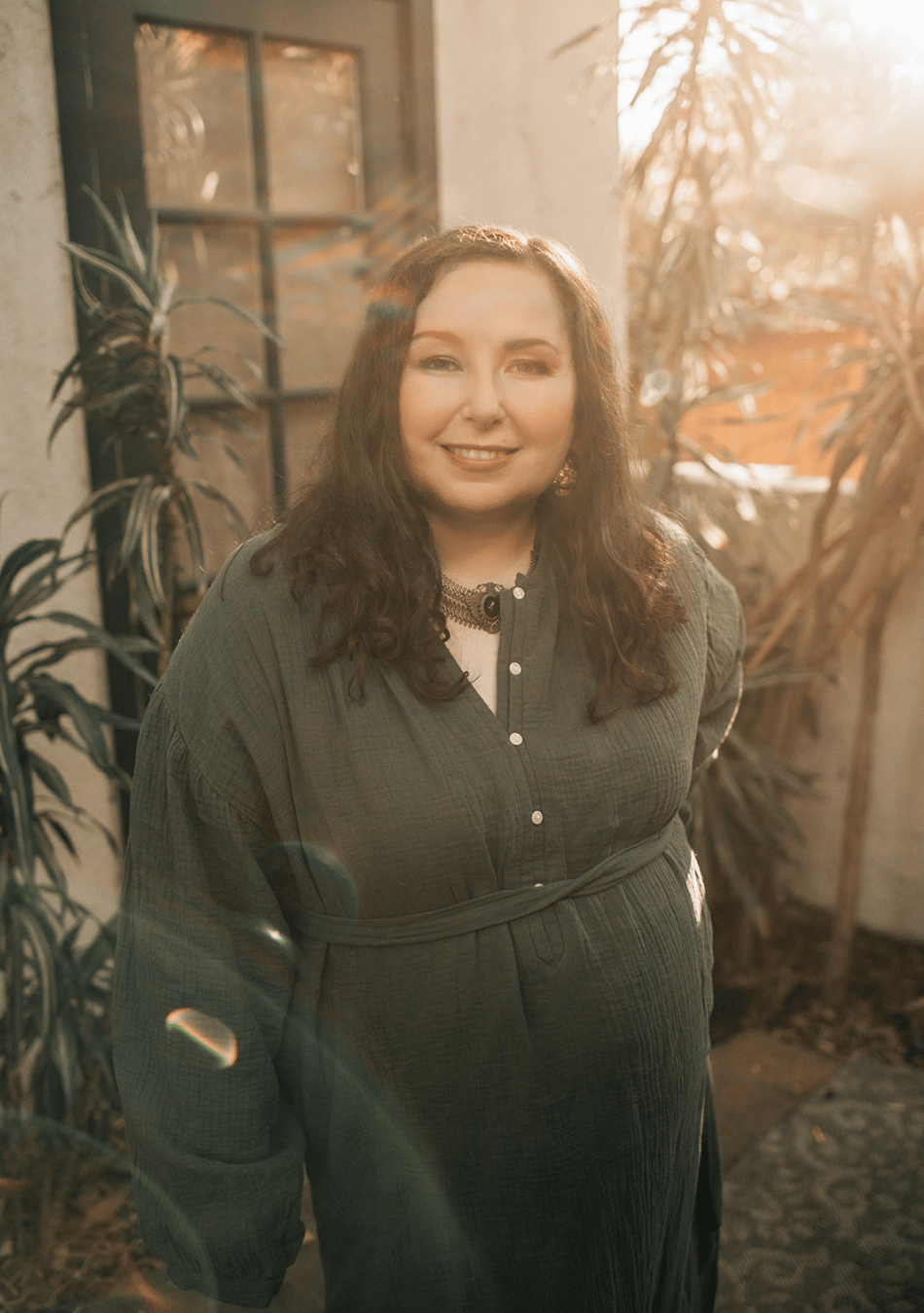Los Angeles ACOA Dr. Natalie Feinblatt
Compassionate therapy for loved ones of alcoholics
Growing up with one or both parents affected by alcoholism, substance abuse, or mental illness can shape every part of your life. Many adult children of an addicted parent struggle with anxiety, depression, self-doubt, difficulty in relationships, and possibly their own alcohol abuse. As an ACOA therapist near me and online, I help adult children navigate their past and reclaim their present through the counseling process. My therapy practice offers a safe, supportive space for recovery from family dysfunction and reconnecting with the present moment your self, emotions, friends, and future well-being.
Meet Dr. Natalie Feinblatt
Expert ACOA therapist in Los Angeles

With over 20 years of experience, I specialize in helping children of alcoholics heal from childhood trauma, emotional neglect, and dysfunctional family dynamics through psychotherapy. My approach integrates trauma work, nervous system regulation, and evidence-based counseling to support deep, lasting change. I help clients identify their feelings, build healthy boundaries, and feel safe in their own lives and relationships. Many ACOAs never had space to explore their emotions—my trauma therapy creates that space so change can begin.
- Credentials: Licensed Clinical Psychologist (Psy.D.)
- Clientele: Adult children of alcoholics, individuals with trauma histories, people in addiction or ACOA recovery
- Location: Los Angeles, CA
- Virtual therapy?: Yes — available in CA, CO, and FL
FAQs about ACOA therapy
How does living with an alcoholic affect a person?
Growing up in a household with an alcoholic parent or addicted family members can create long-lasting emotional impact on one’s feelings and even a psychological disorder. Lots of ACOAs report low self esteem, nervousness, personal criticism, and a chronic fear of losing control. They may suppress their emotions, feel responsible for others’ behaviors, or form a disconnect from their own needs and feelings. These patterns can disrupt adult life, relationships, and mental health. While every story is unique, these are common themes I see in therapy with adult children of alcoholics.
What kind of therapist can help with alcohol abuse?
Several types of mental health professionals can support individuals struggling with alcohol addiction. Licensed psychologists, licensed marriage and family therapists, and licensed clinical social workers often specialize in substance abuse counselor and addiction therapy. Some addiction specialists also hold certifications in substance use treatment or addiction counseling.
As a licensed psychologist with over 20 years of experience, I specialize in treating alcohol addiction. My extensive training in substance abuse counseling, trauma-informed care, and evidence-based modalities allows me to provide tailored support, whether you’re exploring harm reduction strategies, seeking abstinence, or addressing co-occurring mental health issues.
How do I know if I’m actually an ACOA?
Even if your parent was never formally diagnosed, you might still be an adult child of an alcoholic. Common ACOA traits include difficulty with trust, self doubt, emotional suppression, depressive disorder, and discomfort in close relationships. You may feel responsible for others, fear conflict, or grapple to your own needs. If this sounds familiar, seeking help could offer a form clarity. Most ACOAs don’t identify with every trait—and that’s okay. Therapy helps you explore your story and what healing looks like for you.
How does therapy help ACOA?
ACOA therapy helps clients sense and focus on feelings, build a trusting relationship with themselves, and release dysfunctional patterns from childhood. Through treatment, ACOAs improve emotional regulation, increase self-esteem, and heal from substance abuse or family trauma. As a therapist specializing in trauma treatment, addiction, and dysfunctional family systems, I help clients develop the tools they need to take care of themselves and feel a sense of safety in their bodies and relationships. Change starts by feeling seen and supported.
What if I struggle with addiction myself?
Many adult children of alcoholics struggle with substance abuse, emotional dependency, or compulsive behaviors in adulthood. This isn’t a failure—it’s often a survival strategy from childhood. I specialize in addiction treatment and ACOA recovery, offering integrated therapy to focus on both trauma and alcohol use. You don’t have to separate these parts of yourself. Counseling treatment supports your change by helping you grasp the roots of your behaviors, build coping skills, and move forward with clarity, compassion, and self-trust.
What other programs can help me?
Alongside therapy, ACOAs benefit from support groups like ACA (Adult Children of Alcoholics and Dysfunctional Families) or Al-Anon. These groups provide community, co-workers, and shared language for people with similar histories. Whether you’re just starting or deep into your healing, programs like these can support your mental health and emotional recovery. You don’t have to choose between support groups for ACA recovery and counseling—many adult children find that combining both offers the strongest foundation for long-term wellness and change.
Start ACOA therapy in Los Angeles today
If you’re an adult child of an alcoholic seeking counseling and emotional health, I’m here to help. As a trauma-informed therapist with decades of experience, I offer ACOA therapy in Los Angeles and online. Reach out today to begin your transformation and start building a life grounded in trust and clarity.
